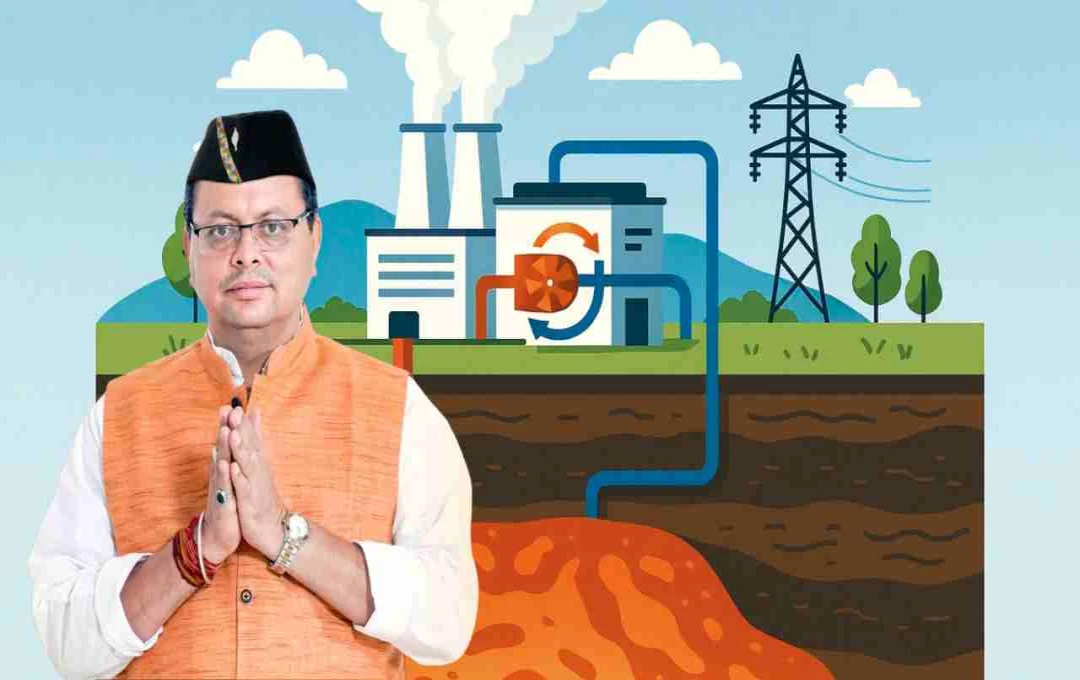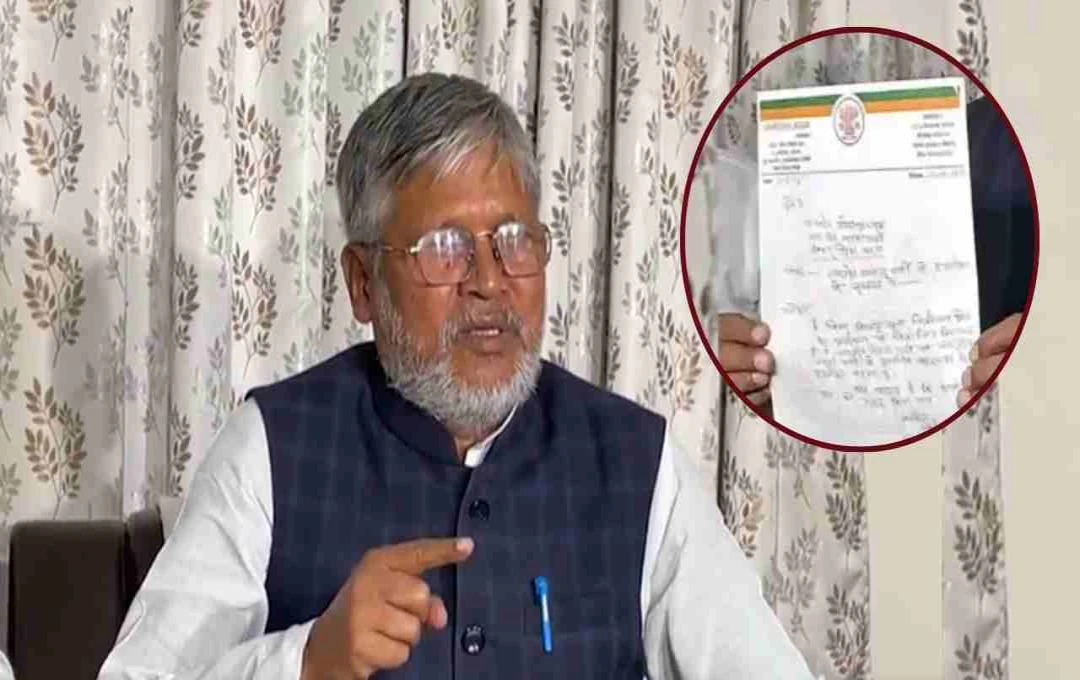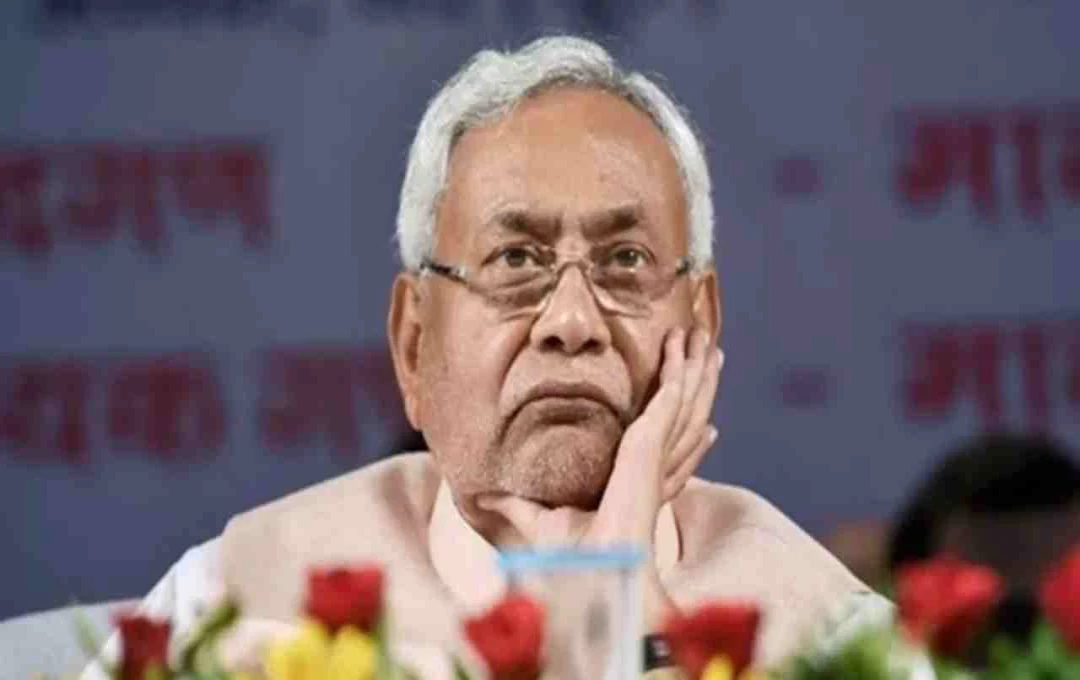A cabinet meeting was held in Dehradun, the capital of Uttarakhand, on Tuesday under the chairmanship of Chief Minister Pushkar Singh Dhami, in which a total of 6 important proposals were approved. The most significant decision among all these decisions was taken regarding the state's geothermal energy policy.
Dehradun: The Uttarakhand cabinet, in a historic move on Tuesday, approved the Geo-Thermal Energy Policy 2025 under the chairmanship of Chief Minister Pushkar Singh Dhami. This policy is a significant step towards developing geothermal energy in the state and promoting self-reliance in the energy sector.
What is Geo-Thermal Energy Policy 2025?
The Geo-Thermal Energy Policy 2025 is a policy document that encourages the generation of energy (electricity) from the earth's internal heat. Under this policy, the private sector will be allowed to generate electricity by utilizing the heat emanating from deep within the earth. The Uttarakhand government has decided to allocate Geo-Thermal projects for a period of 30 years. Previously, 40 potential locations have been identified in the state where geothermal energy projects can be established.
Why the policy and what is the need?
In a mountainous state like Uttarakhand, relying on coal or other traditional energy sources is not only harmful to the environment but also economically challenging. On the other hand, Geo-Thermal Energy is a clean, renewable, and continuous energy source, which, being environmentally friendly, will also move the state towards becoming carbon neutral.
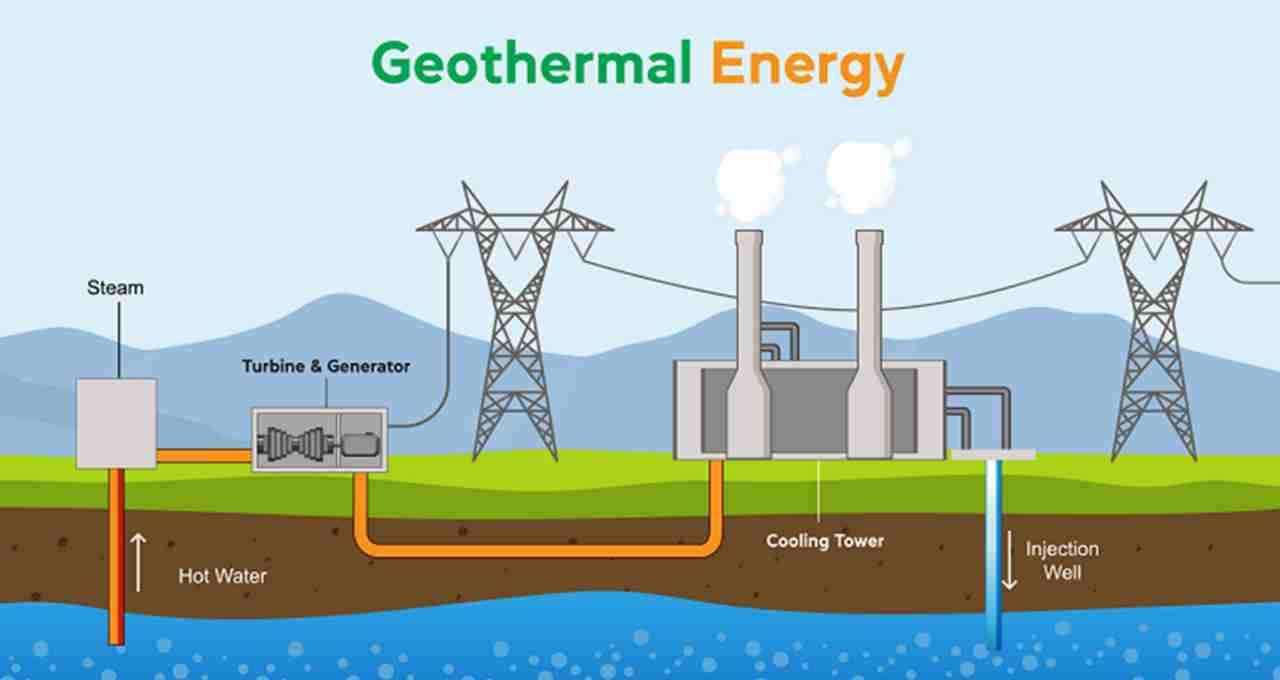
Government's Objectives
- To promote alternative energy sources
- To strengthen the state's energy security
- To reduce carbon emissions
- To encourage scientific and technical research
What are the benefits of this policy?
- Energy Self-Reliance: The Geo-Thermal Energy Policy 2025 will provide the state with the opportunity to become self-reliant on its energy sources. This will reduce dependence on external energy.
- Environmental Benefits: Since this technology does not emit greenhouse gases, it will take the state towards environmentally friendly development.
- Investment and Employment: Participation of the private sector will bring investment in new projects and create employment opportunities for local youth.
- Promotion of Scientific Research: Under this policy, scientific research and technological discoveries will be encouraged, which will lead to new innovations in the energy sector.
- Benefits to the Local Community: A stable supply of electricity will also benefit the people living in the hilly areas, where regular availability of electricity is still a problem in many villages.
How will it be implemented?
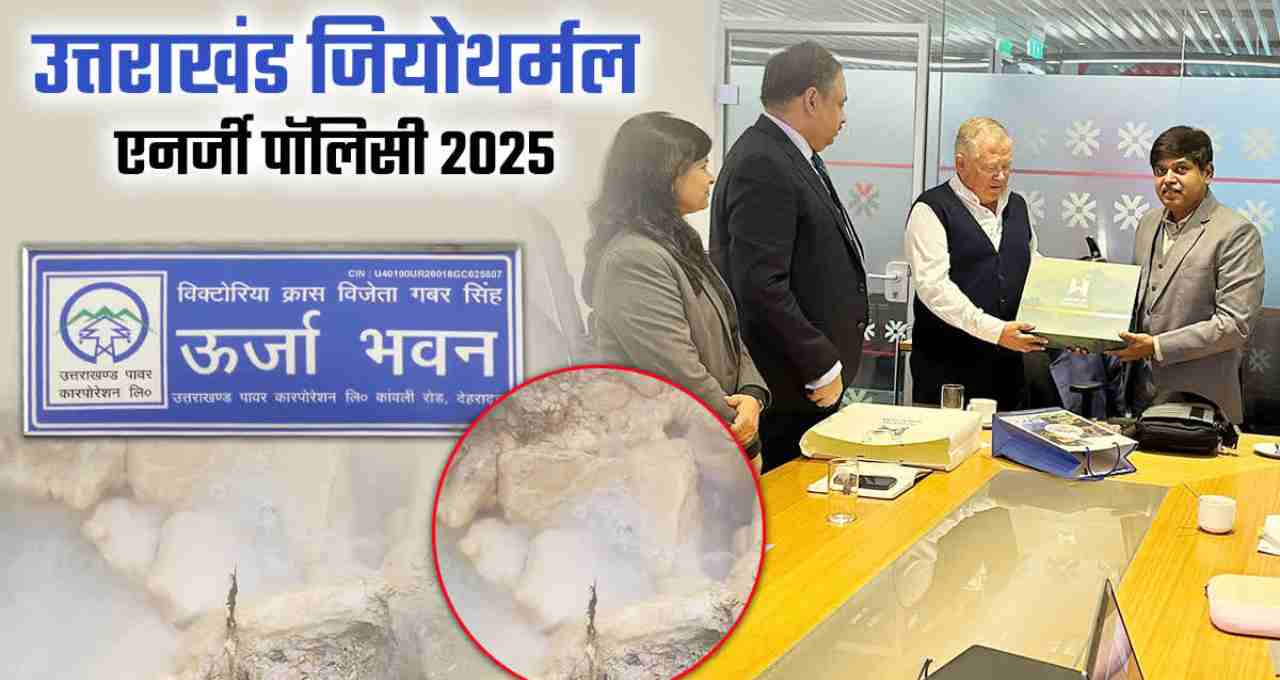
The policy will be implemented through two major institutions of Uttarakhand – UJVNL (Uttarakhand Jal Vidyut Nigam Limited) and UREDA (Uttarakhand Renewable Energy Development Agency). These institutions will not only provide technical guidance to investors but will also assist in site selection, environmental approvals, and project development.
Other decisions of the Cabinet
Several other important decisions were also taken in this cabinet meeting:
- Approval of 20 new posts in the Vigilance Department
- Increase in the number of posts in the GST Department
- Approval for the formation of the Uttarakhand Mining Trust
- Amendment in the Old Age Pension Scheme, which will benefit more senior citizens
